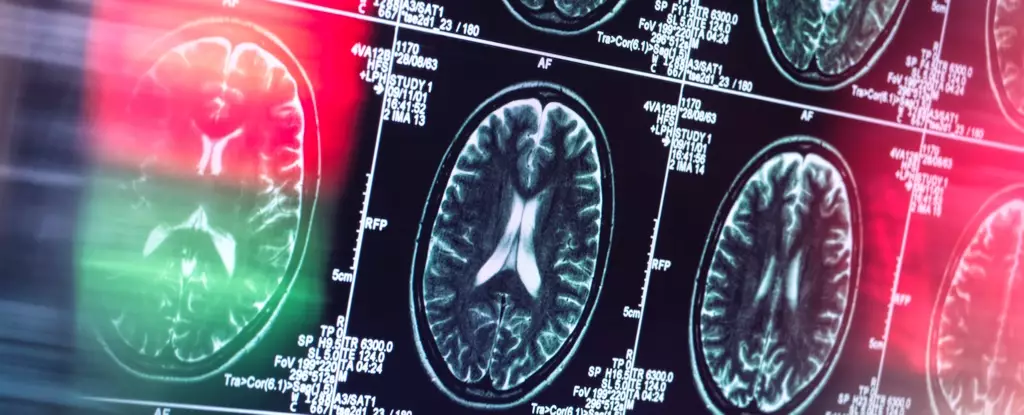Understanding psychosis is a complex task that involves identifying dysfunctions in specific brain systems. Researchers at Stanford University have made significant progress in this area, pinpointing two key brain systems involved in psychosis. These systems help us filter attention to important internal and external information and predict rewards, shedding light on how the symptoms of psychosis manifest.
A recent study conducted by a team from Stanford University delved into the intricacies of psychosis and its underlying brain mechanisms. The research team analyzed brain scans of individuals with various conditions, including autism, ADHD, early psychosis, and 22q11.2 deletion syndrome. By comparing these scans to those of healthy individuals, the researchers were able to identify significant differences in brain function related to the anterior insula and the ventral striatum.
One of the key takeaways from the study is the potential for developing targeted treatments for psychosis. By pinpointing specific brain centers implicated in the condition, such as the anterior insula and the ventral striatum, scientists and doctors can tailor therapeutic approaches to address these dysfunctions. This targeted approach could lead to more effective interventions for individuals at risk of psychosis.
In addition to advancing our understanding of psychosis at a neurological level, the research also highlights the importance of reducing stigma and increasing support for individuals with the condition. Psychosis can be a frightening experience, and those affected may struggle to differentiate between normal and abnormal neurological function. By approaching individuals with psychosis with compassion and empathy, we can create a more supportive environment for those in need.
Moving forward, researchers and clinicians are optimistic about the potential for translating these findings into tangible benefits for individuals with psychosis. Targeted treatments, such as transcranial magnetic stimulation and focused ultrasound, could be adapted to specifically address the identified brain dysfunctions in young people at risk of psychosis. By continuing to explore the underlying brain mechanisms of psychosis and developing interventions based on these discoveries, we can make significant strides in improving the lives of those affected by this challenging condition.
The identification of dysfunctions in specific brain systems in individuals with psychosis represents a crucial step towards understanding and treating this complex condition. By leveraging these insights, researchers and clinicians can develop more effective interventions that target the root causes of psychosis, ultimately improving outcomes for individuals living with the condition. Through a combination of scientific research, targeted treatments, and compassionate support, we can work towards reducing the stigma surrounding psychosis and enhancing the quality of life for those affected.


Leave a Reply